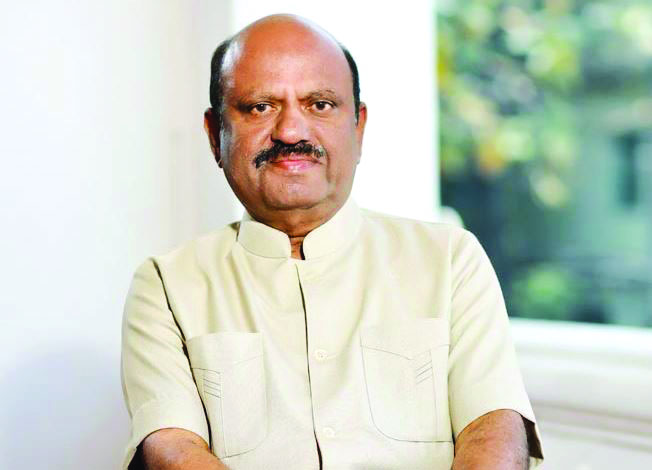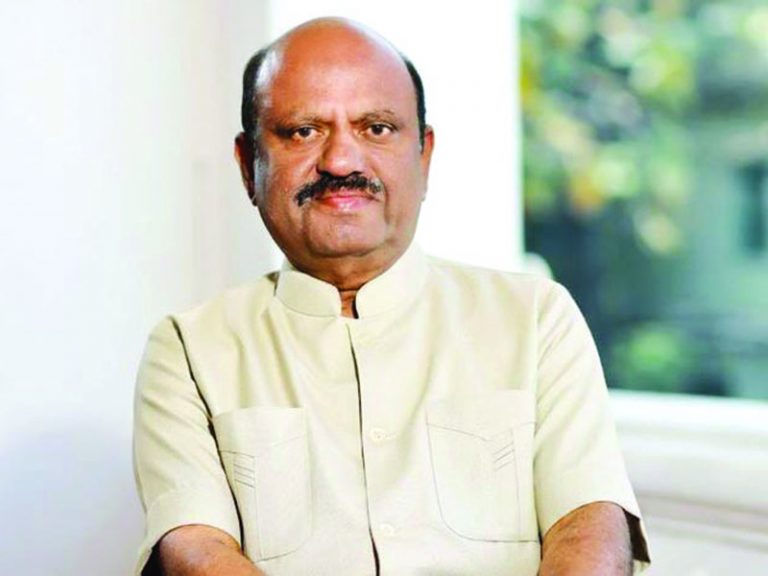West bengal: Governor-government sparring
Baishali Mukherjee (Kolkata)

Governor C.V. Ananda Bose
Under provisions of the Constitution of India and well-established conventions, just as the President of India, the ceremonial Head of State, is obliged to act on the advice of the council of ministers, i.e, the Central government, similarly the Governors (appointed by the Central government) of India’s 28 states and eight Union territories are obliged to act only on the advice of state governments. Essentially, state governors are the eyes and ears of the Central government appointed by the Centre to preserve the unity of the country.
But while it’s the obligation of governors to act and issue orders solely on the advice of the duly elected state governments, in instances when they are formed by political parties opposed to government at the Centre, state governors are often encouraged to make life difficult for their governments. In West Bengal (pop.91 million) which has been ruled by the Trinamool Congress led by its fiery three-term chief minister Mamata Banerjee since 2011, the state government is less than enamoured with the BJP government at the Centre.
This antagonism has been mutual and during the past few years, Jagdeep Dhankar, former governor of West Bengal (now Vice President of India), publicly criticised the TMC government on several issues including maintenance of law and order and conduct of assembly elections. Under well-established convention, state governors are also required ex-officio to serve as Chancellors of government universities in all states and Union territories.
On June 1, the state’s new governor C.V. Ananda Bose, who assumed office last November, unilaterally appointed 11 interim vice chancellors including of the top-ranked University of Calcutta and Jadavpur University after completion of tenures of the previous incumbents, an initiative criticised by state education minister Bratya Basu as illegal as the state government had not been consulted. “Moreover as per University Grants Commission rules, ten years of academic experience at the professor level is mandatory and most of the appointees don’t have this qualification,” Basu told the media.
However, with ten of the 11 appointees having accepted office, on June 12, the higher education department sent a notice asking the appointees “not to draw pay and allowances applicable to the vice-chancellor of a state-aided university and that any non-compliance will be viewed seriously”. In Bengal, the salary of a senior professor of a public university is Rs.2.10 lakh per month and of a vice chancellor Rs.2.40 lakh.
This confrontation between Raj Bhavan (governor’s official residence) and the TMC has been building up for a while. In April, Bose had issued a circular asking all VCs to send weekly reports to Raj Bhavan. At that time, the education ministry had objected to the circular even though Raj Bhavan had stressed that the chancellor’s priority is to safeguard the best interests of students. According to Prof. Om Prakash Mishra, former interim VC of North Bengal University, “the governor by no means has a legal authority to directly communicate with the VCs or ask for reports”.
Former VCs, whose services were not extended, released a press statement on June 2, a day after the appointment of the interim VCs, saying that only three VCs who submitted weekly reports to Raj Bhavan have been retained. Against all other vacancies, new interim VCs have been appointed. “VCs cannot be made scapegoats in a tussle between the governor and government. We regret to inform you that VCs have never been treated like this previously and never has the office of the Chancellor stooped so low in the history of our state,” said the statement.
In July 2022, Dhankar set a precedent by appointing Dr. Mahua Mukherjee, professor, Department of Dance, as Vice Chancellor of the Central government funded Rabindra Bharati University (RBU) despite objections from the TMC government. In anticipation of this initiative, the TMC government passed a Bill in the state legislative assembly to appoint the Chief Minister as chancellor of all state government universities. But Dhankar refused to give his assent to the West Bengal University Laws (Amendment) Bill, 2022. Likewise in Tamil Nadu, the DMK government passed a Bill expressly permitting the state government to appoint vice chancellors of universities. Here too, the governor has declined to give his assent to translate the Bill into an Act.
Back home, monitors of West Bengal’s unruly political scene, believe that this stand-off will significantly alter the academic landscape of the state, where TMC party cadres have almost destroyed education institutions. The frequent clashes between the state government and governor are the latest worry of bona fide academics about the future of the state’s once vaunted higher education system, at a time when Bengal’s school education system is mired in a multi-crore teacher recruitment scam which has stalled new appointments of teachers.
In a statement, the Jadavpur University Teachers’ Association (JUTA) says it is stunned by the “blatant display of state power to register its hegemonistic control over educational institutions”. “First the state government tried to wrest absolute control over the education sector, and now it is facing Central government retaliation. In such face-offs the interests of students suffer,” says Partha Pratim Roy, general secretary of JUTA.
















Add comment